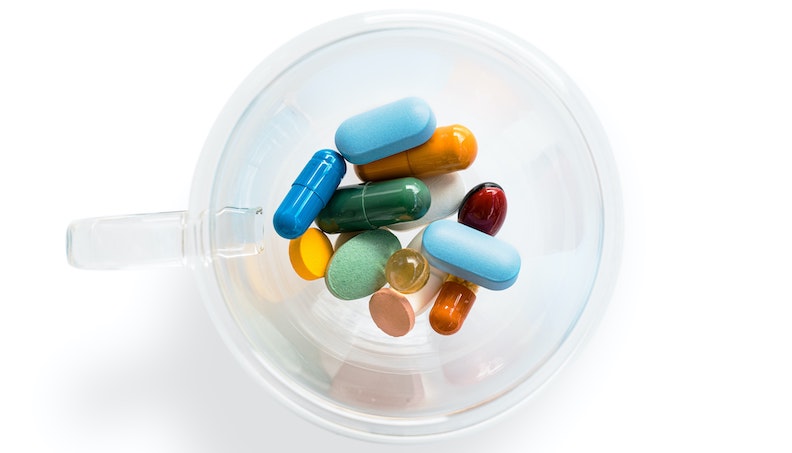Opening hours
| Monday-Thursday | 08:00 - 18:00 |
| Friday | 08:00 - 17:00 |
| Saturday | Closed |
| Sunday | Closed |
Contact
Healthy Diet During Pregnancy

When you're pregnant, you need more of certain nutrients — like protein, iron, folic acid, iodine, and choline. It’s also important to get enough calcium, vitamin D, potassium, and fiber.
Making smart food choices can help you have a healthy pregnancy and a healthy baby. Here are some ideas to help you eat healthy during pregnancy.
Follow a healthy eating routine.
To get the nutrients you need during pregnancy, follow the healthy eating routine. Choose a mix of healthy foods you enjoy from each food group, including:
- Whole fruits — like apples, berries, oranges, mango, and bananas
- Veggies — like broccoli, sweet potatoes, beets, okra, spinach, peppers, and jicama
- Whole grains — like brown rice, millet, oatmeal, bulgur, and whole-wheat bread
- Proteins — like lean meats and chicken, eggs, seafood, beans and lentils, nuts and seeds, and tofu
- Low-fat or fat-free dairy — like milk, yogurt, cheese, lactose-free dairy, and fortified soy beverages (soy milk) or soy yogurt
- Oils — like vegetable oil, olive oil, and oils in foods like seafood, avocado, and nuts
Get the right amount of calories for you.
How many calories you need will change throughout your pregnancy. Most women with a healthy pre-pregnancy weight have the following calorie needs:
- First trimester (first 12 weeks) — no extra calories
- Second trimester (13 to 26 weeks) — about 340 extra calories a day
- Last trimester (after 26 weeks) — about 450 extra calories a day
Weight gain is a natural part of pregnancy. How much weight is healthy to gain — and the number of extra calories you’ll need — depends on many things, including how much you weighed before pregnancy. Ask your doctor or midwife how many calories you need and how much weight is healthy for you to gain during pregnancy.
